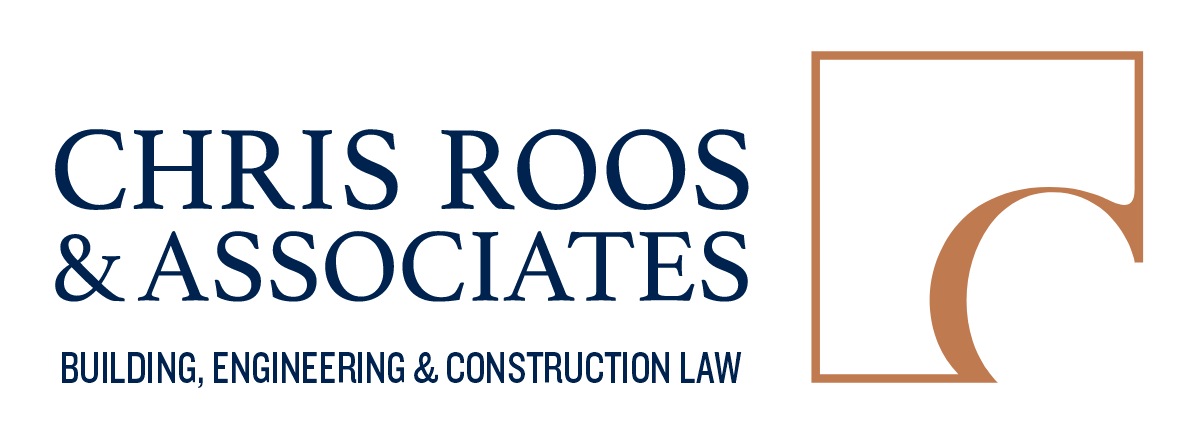JBCC
How can we help you?
Advice Notes
Based on our skills and experience, we offer the following Advice Notes that we hope you find helpful.
JBCC ADVICE NOTES
On the question of whether a contract instruction to submit shop drawings with reference to the design function is a valid instruction. The answer is no, in terms of the JBCC the contractor carries no design responsibility for the permanent works. In order to accommodate such an instruction would require a change to the provisions of the contract in accordance with the ‘sole memorial of contract’ provision.
“In what scenario does deemed Practical Completion of the Works arise after possession is taken by the owner in terms of sub-clause 19.6 of the JBCC Principal Building Agreement?
Deemed Practical Completion shall only be deemed to have taken place where it was the Employer’s intention to take permanent possession of the whole or part of the works by agreement with the Contractor. Distinguish the aforementioned from a situation where the Employer only wishes to take temporary occupation of a portion of the Works by agreement with the Contractor and vacate shortly thereafter to allow the Contractor to continue his obligation to complete Practical Completion (e.g. to drop off or install some aspect not included in the Contractor’s scope of Works).
It is of vital importance that the Employer only takes permanent possession of the whole or portion of the Works near the end of the Construction Period. Deemed Practical Completion has far reached effects on insurance cover of the parties, assignment of risk with respect to the Works, and other contractual mechanisms such as penalties and the initiation of defect liability periods, which are not intended to be triggered unless the Works are substantially practically complete.”
The Consumer Protection Act (CPA) within the SA Build Environment – applies to all building contractors, suppliers and professionals.
As previously advised, the CPA is relevant to all consumers, meaning persons both natural (the so-called man in the street) and juristic (within limits) who are the recipients of goods and services from service providers or suppliers of goods and services, meaning also architectural, engineering or construction services including the supply thereof. The supply of these services and goods falls well within the definition of a transaction in terms of the CPA, which defines a transaction to mean inter alia “(a) in respect of a person acting in the ordinary course of business— (i) an agreement (also meaning Professional Services Agreement, PROXA, JBCC etc)
between or among that person and one or more other persons for the supply or potential supply of any goods or services in exchange for consideration”.
Can an aggrieved consumer in the build environment approach a Court directly?
As an example, in terms of JBCC clause 40.2, it states that where such disagreement is not resolved within ten working days of receipt of such notice, it shall be deemed to be a dispute, and shall be referred by the party which gave notice to either adjudication in terms of clause 40.3, or arbitration in terms of clause 40.4. However, in terms of section 48 of the CPA, read with Regulation 44(3)(b) and (x)(see Promulgated under GNR.293 of 1 April 2011 (Government Gazette No. 34180), the requirement that a dispute be subjected to adjudication and arbitration is presumed to be unfair. We refer, in this regard, also to the provisions of regulations 44(3)(m), (y), and (z), which provides that terms that restrict, in various ways, the evidence that a person may adduce, or impose unduly restrictive time limits in respect of the resolution of a dispute, are also presumed to be unfair. Under the CPA, an aggrieved consumer can therefor approach a Court directly for relief if subjected to restrictive contractual conditions.
On the question of whether a contract instruction to submit shop drawings with reference to the design function is a valid instruction. The answer is no, in terms of the JBCC the contractor carries no design responsibility for the permanent works. In order to accommodate such an instruction would require a change to the provisions of the contract in accordance with the ‘sole memorial of contract’ provision.

